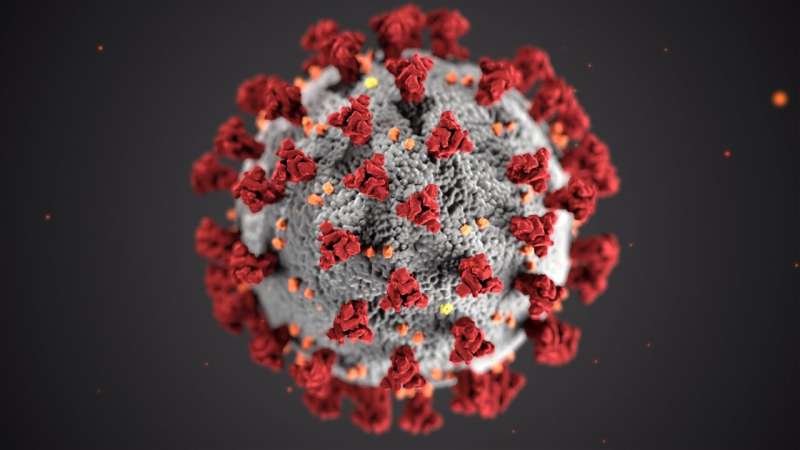
A new paper in Oxford Open Immunology, published by Oxford University Press, examines prior findings in the field of neuroimmunology that suggest potential treatment strategies for patients suffering long-term symptoms from COVID-19.
Though COVID-19 was initially believed to be a short-term illness, lasting between one and three weeks, it’s clear that a substantial number of patients will experience symptoms beyond that, with some patients suffering from health problems for more 12 weeks. In fact, for patients who were initially hospitalized, more than 80% reported at least one symptom that persisted beyond the first month.
The symptoms of long-COVID can vary widely, including cough, low grade fever, fatigue, chest pain, shortness of breath, headaches, cognitive difficulties, muscle pain and weaknesses, gastrointestinal distress, rashes, metabolic disruption, depression and other mental health conditions. In the context of other disorders and syndromes, these symptoms appear to have a strong link with a challenge to the immune system. Even mild infections and low-grade inflammation can cause depression or persistent fatigue.
As a number of causes have been proposed to explain the persistence of these long-term COVID symptoms—from the presence of persistent low viral load and reinfection, to changes in immune cell activity and tissue damage caused by the initial infection—researchers here explored insights gained in recent decades from several large-scale studies of chronic fatigue syndrome, fibromyalgia, depression and other mental health disorders that show immune abnormalities.
Researchers at King’s College London here argue that several possible pathways could be relevant to understanding the persistence of long-COVID, like the involvement of glial cells and the permeability of the blood brain barrier. They also propose strategies to manage symptoms. Some of the symptoms of long-COVID, depression and other mental health problems, are related to chronic, low-grade inflammation. As such, current treatment strategies for patients with depression include anti-inflammatory medications. Psychosocial factors are also very important in regulating our immune activation. It’s clear that strategies tackling a patient’s level of stress with increased social support, physical exercise, and an adjusted diet could also be useful in managing long term symptoms related to COVID-19.
Source: Read Full Article



